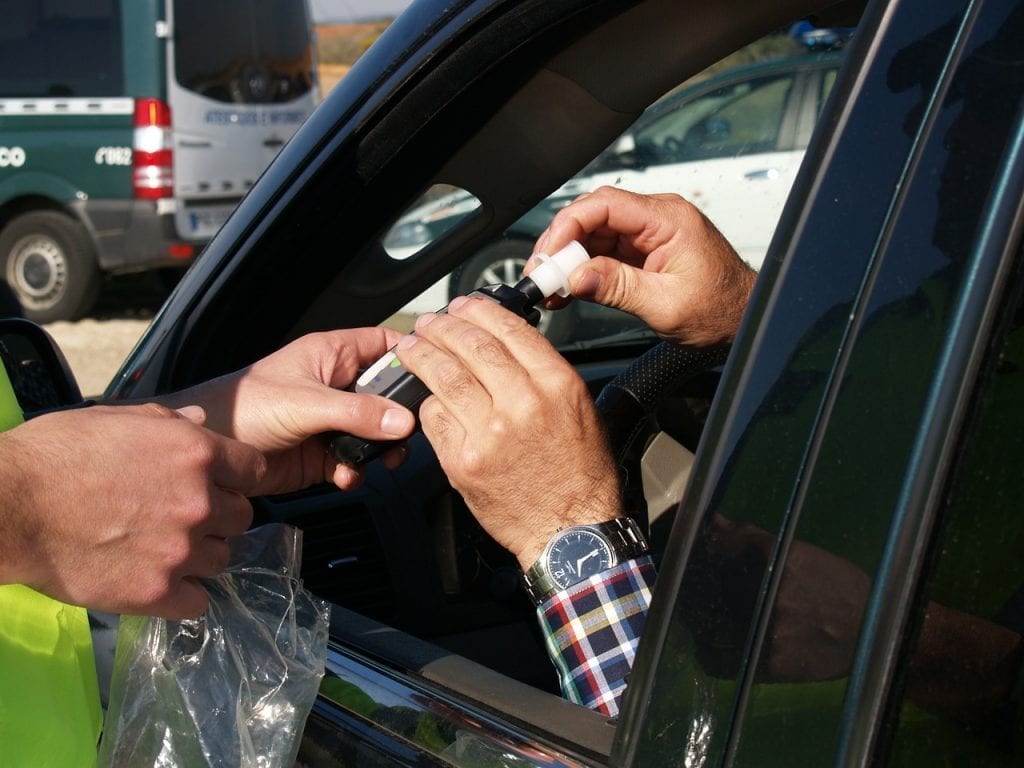 You remember your day in court. As you conferenced with your defense attorney, you were advised that the machine testing your blood alcohol showed you over the .08% level. Although it made no sense to you, you couldn’t see a way to combat the evidence. Sound familiar? You may well be one of other 20,000 DWI cases that just became questionable.
You remember your day in court. As you conferenced with your defense attorney, you were advised that the machine testing your blood alcohol showed you over the .08% level. Although it made no sense to you, you couldn’t see a way to combat the evidence. Sound familiar? You may well be one of other 20,000 DWI cases that just became questionable.
Actually, yesterday’s New Supreme Court ruling could well affect the fate of 20,667 individuals whose blood alcohol content (BAC) level seemingly warranted charges in violation of NJSA 39:4-50. The majority of the problems involve those stopped for driving while intoxicated in Middlesex, Monmouth, Ocean, Somerset, and Union counties. However, that’s not to say the issues didn’t also surface in either Essex or Morris.
The news has been evolving for quite some time. It starts a few years ago when it was determined that a state police sergeant wasn’t doing things exactly right. As part of his duties, Sergeant Marc Dennis should have followed specific procedures in calibrating Alcotests breath sample devices. His failure to do so has caused a mess.
Call it more of a nightmare in some regards. The problems with the improper calibration mean legal trouble for at least one person. Sergeant Dennis faces criminal charges for his mishandling of the work entrusted to him. In the meantime, all those DWI cases? Since the breathalyzer results are not scientifically reliable, they can’t be admitted into evidence.
If you were pulled over for driving while intoxicated between 2008 and 2016, there’s a chance you have received or will receive a notice. If so, you should immediately consult with an attorney who has experience handling DWI cases.
Supreme Court’s Ruling on DWI
The Supreme Court’s ruling in State v. Cassidy is an important one. Like the example we started out with, the defendant Eileen Cassidy decided to plead guilty to DWI based on the prosecutor’s assertions that the Alcotest device showed her over the legal limit as far as blood alcohol content.
When news broke that Sergeant Dennis was passing up steps involved in the calibration of Alcotest devices, Cassidy reconsidered her decision to avoid a trial. After all, she initially thought there was no way of fighting the scientific evidence. How could the State convict Cassidy without proof?
Ultimately, the court appointed a Special Master – a retired Appellate Division judge –and conducted an extensive evidentiary hearing. In fact, the Special Master’s 198 report states that the police sergeant’s failure to use a NIST-traceable thermometer for Alcotest device calibrations made the results unreliable.
Eileen Cassidy died from a terminal illness prior to the Supreme Court’s decision. However, her legacy will enable over 20,000 defendants a second chance at their legal defense.
Contact Us
Contact the Law Offices of Lawrence M. Centanni if you have received notification that your DWI case may be in question as a result of this new Supreme Court case. Even your matter does not pertain to this set of circumstances, we are happy to assist you in preparing a defense for any DUI or DWI charges brought against you.



